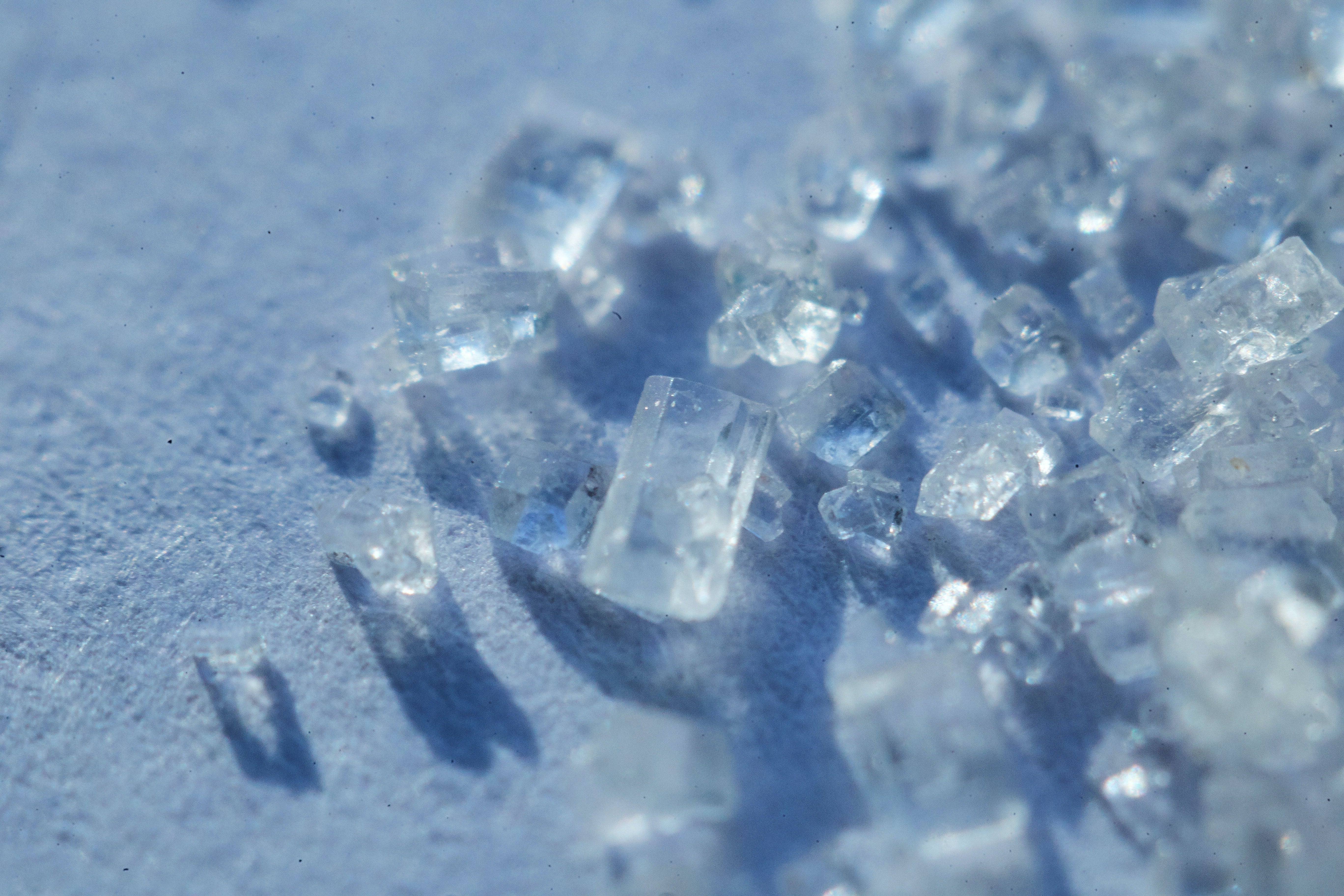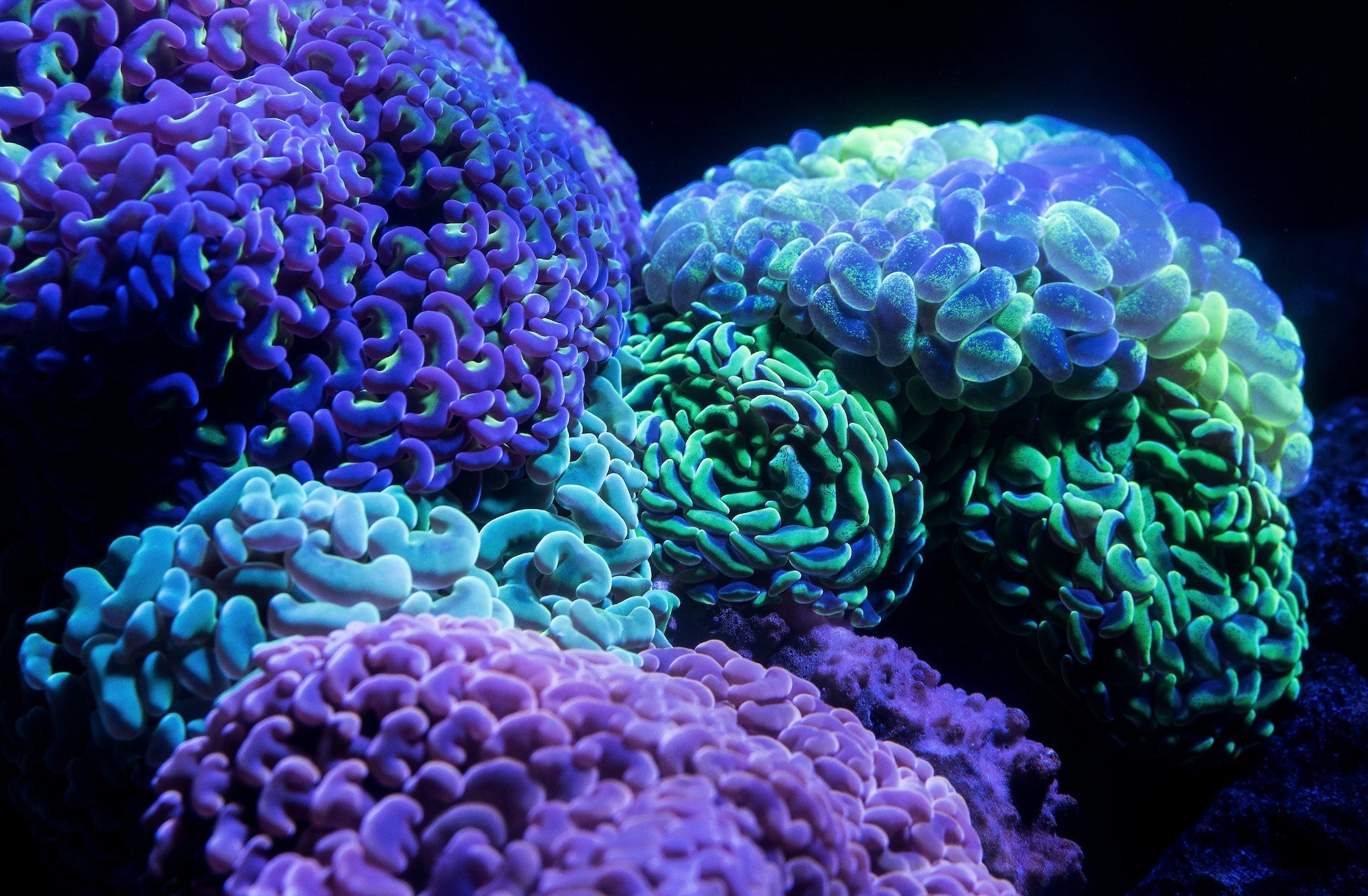Not getting enough electrolytes is enough to make anyone feel crummy—think fatigue, muscle cramps, brain fog, and headaches. Those following a keto diet, however, are even more vulnerable to electrolyte deficiencies and their effects.
Why? Because despite the many benefits of low-carb eating, there are many factors that work against keto dieters in terms of maintaining healthy levels of electrolytes. We’ll explore those factors shortly (and how to defeat them), but first, let’s review some electrolyte basics.
What Are Electrolytes?
An electrolyte is an essential mineral that carries an electrical charge when dissolved in water.[*] These charges play a key role in conducting nerve and muscle impulses that keep your heart beating, your mind thinking, and your body moving.[*]
Electrolytes also regulate fluid balance, which refers to the water distribution inside and outside your cells.[*] Fluid balance is at the heart of healthy hydration.
To top it off, electrolytes help you maintain a healthy blood pH level, which is a measure of how acidic or alkaline your blood is.[*]
Electrolytes found in the body include:
- Sodium
- Potassium
- Chloride
- Calcium
- Magnesium
- Phosphate
- Bicarbonate
Some are more important than others, and we’ll discuss which ones in a minute.
You need to consume electrolytes through your diet, as you’re constantly losing them through sweat, urine, feces, and (on a bad day) vomit. If you don’t sufficiently replace your lost electrolytes, you could experience symptoms like fatigue, muscle cramps, brain fog, and headaches—and your health could suffer.[*][*][*]
Why You Need More Electrolytes on Keto
The keto diet comes with many health benefits, including weight loss, more energy, and improved cognition.[*][*][*][*]
However, to reap these rewards, you must give up many high-carb foods that are rich in electrolytes, including legumes, potatoes, and most fruits. Many people also eliminate refined, packaged foods—a major sodium source.
Additionally, as you restrict carbs, the hormone insulin stays low. This drop in insulin signals your kidneys to excrete sodium via urine at a greater rate than usual. Other electrolytes like potassium are also naturally eliminated through urine.[*]
When people encounter symptoms of electrolyte deficiency on keto, many assume they’re simply dehydrated and that drinking lots of water will help counteract the symptoms. But throwing back too much H20 can actually dilute your blood sodium levels, further depleting your electrolyte levels.
The solution? Drink water to thirst while also bumping up your electrolyte intake.
Which Electrolytes Are Most Important on Keto?
Fortunately, keto dieters don’t tend to be at risk for being deficient in all seven electrolytes. Almost nobody is deficient in phosphorus. In fact, it’s thought most people get too much![*]
Your body can synthesize bicarbonate, so no worries there. And since sodium and chloride come as a package deal as salt, you only need to consider sodium.
That leaves four electrolytes you should be mindful of: sodium, potassium, magnesium, and calcium. Let’s explore the importance of each of these and how to include them in your diet.
#1: Sodium
Of all the electrolytes, sodium deficiency is likely the most common on a keto diet.
Sodium is the main electrolyte in the fluid outside your cells (extracellular fluid).[*] Being deficient in sodium is a serious concern, as it’s needed to maintain blood volume and fluid balance, and to contract and relax muscles.
Sodium goal: Aim to consume around 2 teaspoons (~ 5 grams) of salt daily by salting your food, drinking bone broth, eating sodium-rich veggies like celery and spinach, and taking supplements containing sodium, such as IQMIX.[*]
#2: Potassium
Potassium is the main electrolyte in the fluid inside your cells (intracellular fluid). Sodium and potassium are like a dynamic duo when it comes to their effects on the body. Their balance is what maintains normal blood pressure and fluid levels.[*]
Potassium goal: Health organizations recommend consuming 2,600-3,400 mg of potassium per day.[*] Meet your potassium target by consuming foods like avocado, fish, beef, eggplant, and leafy greens. IQMIX can help you reach your daily dose, too!
#3: Magnesium
Magnesium is kind of a big deal in the body and brain. It’s needed for more than 300 biochemical reactions in the body—everything from nerve and muscle function to heart health to bone health.
Magnesium goal: The RDA for magnesium is 420 mg per day for men and 320 mg per day for women.[*] Some evidence suggests 600 mg is a more appropriate goal.[*] Anywhere in that range is fine, as magnesium has a very high tolerance level. To meet your magnesium target, consume foods like dark chocolate, avocado, low-carb nuts, fish, and leafy greens.
IQMIX, which contains a specialized form of magnesium called Magtein®, can also help you meet your target.
#4: Calcium
Calcium is synonymous with healthy bones, but it’s also important for regulating muscle contractions, nerve impulses, and various hormones.[*]
Calcium goal: Aim for 1 gram per day (the RDA) from foods like dairy, seeds, sardines, and cruciferous veggies.[*] Unless suggested by your healthcare provider, it’s likely best to avoid calcium supplements, as they’ve been shown to negatively affect heart health.[*]
How to Ensure You’re Getting Enough Electrolytes on Keto
The best way to determine if you’re meeting your electrolyte needs is to track a typical week of food consumption using an app like Cronometer. Simply enter all the food and beverages you consume in a given day and you’ll be provided with a thorough breakdown of your micronutrient consumption.
If you notice you’re not meeting the recommendations for the electrolytes discussed in this article, there are two main ways to increase your levels:
- Consume more electrolyte-rich foods and drinks
- Take a supplement
While the bulk of your electrolytes should come from whole foods (such as those mentioned above), it’s not always possible to get adequate amounts from food (and salt) alone. This is especially true if you eat a whole-food version of keto, regularly work up a sweat, spend long hours in the heat, or have a busy lifestyle.
An easy and convenient solution to supporting your electrolyte intake is adding a premade keto electrolyte supplement, such as IQMIX, to your day.
Each packet contains the following:
- 500 mg sodium
- 380 mg potassium
- 750 mg Magtein®, a clinically studied form of magnesium (magnesium L-threonate) that supports cognition and mood
- 250 mg of super-concentrated lion’s mane mushroom, which supports brain health and function[*]
IQMIX is ideal for those following a keto plan, as it contains zero sugar and only one gram of carbs per packet. Try our 8-Stick Sampler to find your favorite IQMIX flavors, or go all-in with our 20-Stick Variety Pack.
A Final Word About Keto Electrolytes
Don’t let the risk of electrolyte deficiency scare you away from trying or continuing a keto diet. With a little diligence and planning, you can ensure your electrolyte levels are on point, allowing you to reap the many benefits of this low-carb, high-fat way of eating.


